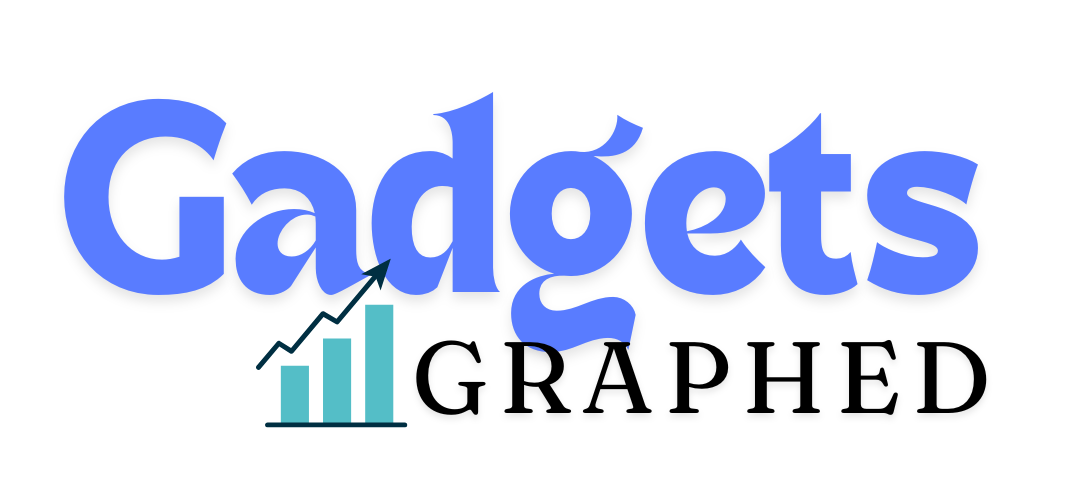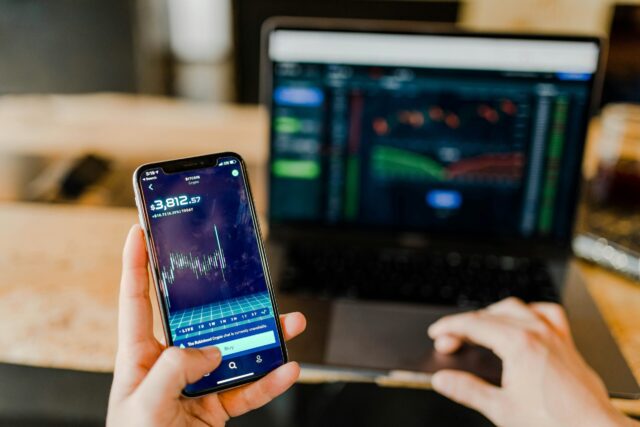Keeping track of your personal finances can feel like a full-time job. You can quickly feel overwhelmed with all the bills we have to pay, budgets to manage and savings to track. The good news is that technology has come to our rescue. With a plethora of apps designed to help us manage our money more effectively, managing personal finances was never this easy.
In this blog, we’ll explore more about managing personal finances, how apps can make it easier and know some of the best apps out there to get you started on the path to financial freedom.
What Does Managing Personal Finances Mean?
Managing personal finances means taking control of your money. It involves planning how you earn, spend, save, and invest your money to achieve your financial goals. In simple terms, managing personal finances means making smart decisions about your money to ensure you can cover your needs, enjoy some of your wants, and save for the future.
Things To Keep in Mind When Managing Personal Finances
Congratulations to you if you have finally decided to take a good hard look at your finances and iron out your financial position for a secure future. This is usually the first step towards financial independence. Here are some things you should keep in mind to ensure you stay on track and make the most of your financial planning:
Set Clear Financial Goals
Before diving into the nitty-gritty of budgeting and expense tracking, it’s crucial to set clear, achievable financial goals. Whether you want to save for a down payment on a house, pay off debt, or build an emergency fund, having specific goals will give you direction and motivation.
Break down your goals into short-term (within a year), medium-term (1-5 years), and long-term (5+ years) categories to make them more manageable.
Track Every Expense and Stick to Budget
Make it a habit to track every expense, no matter how small, to get a clear picture of your spending habits. And while doing that use your budget as the financial roadmap. Budget helps in allocating income towards essential expenses, savings, and discretionary spending. Start by creating a realistic budget that reflects your financial goals and stick to it.
Build an Emergency Fund
Life is unpredictable, and having an emergency fund can provide a financial cushion in times of unexpected expenses, such as medical emergencies or car repairs. Aim to save at least three to six months’ worth of living expenses.
Pay Off High-Interest Debt
High-interest debt, such as credit card debt, can quickly spiral out of control if not managed properly. Prioritize paying off these debts to reduce the amount of interest you pay over time.
Monitor Your Credit Score
Your credit score affects your ability to borrow money, rent an apartment, or even get a job. Regularly monitor your credit score and take steps to improve it if necessary.
Educate Yourself
Financial literacy is a key component of effective money management. Take the time to educate yourself about personal finance topics such as budgeting, saving, investing, and debt management.
Seek Professional Advice
If you’re struggling to manage your finances or have complex financial situations, seeking advice from a financial advisor can be beneficial. A professional can provide personalized guidance and help you create a tailored financial plan.
How Apps Can Help in Managing Personal Finances?
Personal finance apps can be a game-changer when it comes to managing your money. Here’s how they can help:
- Budgeting: These apps can help you create and stick to a budget by tracking your income and expenses.
- Expense Tracking: They can automatically categorize your expenses, so you know exactly where your money is going.
- Saving Goals: You can set savings goals and track your progress toward them.
- Bill Reminders: Never miss a payment again with automatic bill reminders.
- Investment Tracking: Some apps also offer tools for tracking your investments and managing your portfolio.
By having all your financial information in one place, these apps can provide a clear picture of your financial health and help you make better money management decisions.
Best Apps for Managing Personal Finances
Mint

Mint is one of the most popular personal finance apps available today. It offers a comprehensive suite of tools to help you manage your money, from budgeting to bill tracking and credit monitoring.
Features –
- Budgeting: Create custom budgets and track your spending against them.
- Expense Tracking: Automatically categorize transactions from your bank accounts and credit cards.
- Bill Reminders: Get notifications when bills are due.
- Credit Score Monitoring: Keep an eye on your credit score for free.
- Investment Tracking: Monitor your investments and track your portfolio performance.
| Pros | Cons |
| Comprehensive features User-friendly interface Free to use | Ads can be intrusive Some features require linking to bank accounts |
Cost – Mint is free to use, but it includes ads and offers premium services like credit monitoring and identity theft protection for an additional fee.
YNAB (You Need a Budget)

YNAB is a budgeting app that focuses on helping you take control of your money by giving every dollar a job. It’s designed to help you break the paycheck-to-paycheck cycle and save more money.
Features –
- Budgeting: Create detailed budgets and allocate funds to different categories.
- Expense Tracking: Track every expense and ensure it’s categorized correctly.
- Goal Setting: Set financial goals and track your progress.
- Reports: Generate detailed reports to see where your money is going.
| Pros | Cons |
| Excellent for budgeting and saving User-friendly interface Supportive community and educational resources | Subscription fee Steeper learning curve for beginners |
Cost – YNAB costs $14.99 per month or $98.99 per year, but they offer a 34-day free trial to get you started.
Personal Capital

Personal Capital is a robust financial planning app that offers tools for budgeting, investment tracking, and retirement planning. It’s ideal for those who want a comprehensive view of their financial health.
Features –
- Budgeting: Track your spending and create budgets.
- Investment Tracking: Monitor your investment accounts and get detailed performance reports.
- Retirement Planning: Plan for retirement with tools to project your future financial situation.
- Net Worth Tracking: Track your net worth over time.
| Pros | Cons |
| Comprehensive financial management tools Free to use for most features Detailed investment tracking | Can be overwhelming for beginners Paid advisory services can be expensive |
Cost – Personal Capital is free for most features, but they offer premium financial advisory services for a fee based on a percentage of your assets under management.
PocketGuard

PocketGuard is a simple yet powerful budgeting app that helps you see how much money you have available to spend after accounting for bills, goals, and necessities.
Features –
- Budgeting: Automatically creates budgets based on your spending habits.
- Expense Tracking: Categorizes your expenses and tracks your spending.
- Bill Tracking: Keep track of your bills and get reminders.
- Savings Goals: Set savings goals and track your progress.
| Pros | Cons |
| Easy to use Clear “In My Pocket” feature shows available funds Free version available | Limited features in the free version Ads in the free version |
Cost – PocketGuard offers a free version with basic features. The premium version, PocketGuard Plus, costs $4.99 per month or $34.99 per year and includes additional features like cash flow reports and debt payoff planning.
Goodbudget

Goodbudget is a budgeting app based on the envelope budgeting method. It helps you allocate your income into different spending categories (envelopes) and stick to your budget.
Features –
- Envelope Budgeting: Allocate funds into different envelopes for various spending categories.
- Expense Tracking: Track your spending and adjust your budget as needed.
- Debt Tracking: Keep track of your debt and plan for repayment.
- Reports: Generate reports to see your spending patterns.
| Pros | Cons |
| Simple and effective budgeting method Syncs across multiple devices Free version available | Limited features compared to other apps Manual entry of transactions can be time-consuming |
Cost – Goodbudget offers a free version with limited envelopes. The premium version costs $7 per month or $60 per year and includes unlimited envelopes and additional features.
Conclusion
Managing personal finances doesn’t have to be a daunting task. With the right app, you can take control of your money, track your spending, and work towards your financial goals. Whether you’re looking for a comprehensive financial planning tool like Personal Capital or a simple budgeting app like Goodbudget, there’s an app out there to meet your needs.
Remember, the key to successful financial management is consistency. Regularly updating your expenses, reviewing your budgets, and keeping track of your financial goals will go a long way in ensuring that you stay on top of your finances. So go ahead, download one of these apps, and start your journey towards better financial health today!
Feature Photo by Austin Distel on Unsplash



3 thoughts on “How To Use Apps for Managing Personal Finances?”